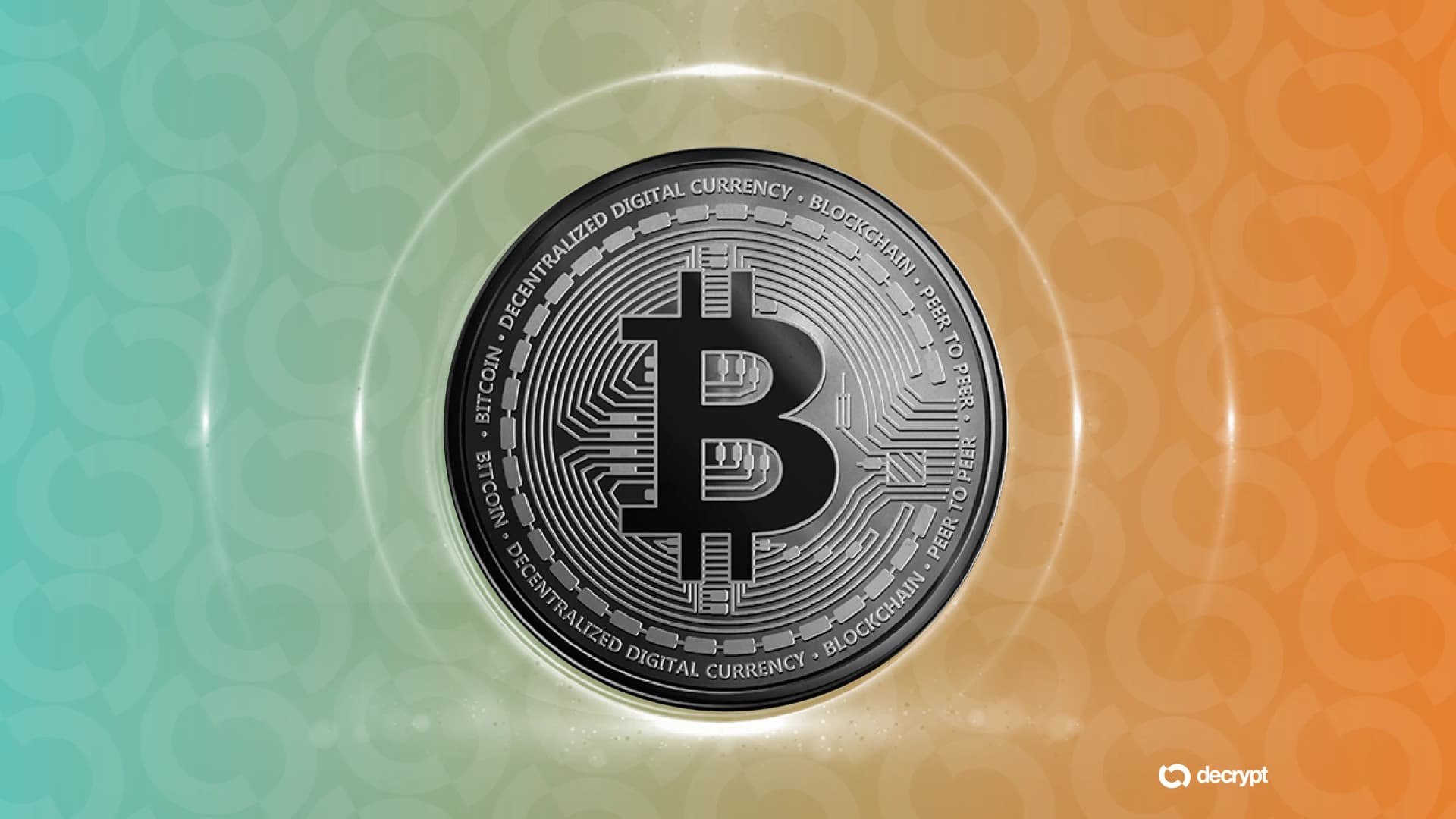Bitcoin Braces for First Inflation Test Since US Shutdown

News Summary
Bitcoin and broader financial markets are bracing for the first inflation data release since the U.S. government shutdown on October 1, with analysts anticipating a measured market reaction. The upcoming Consumer Price Index (CPI) reading on Friday is pivotal for the Federal Reserve's interest rate decision next week, but economists lack recent labor market data due to the shutdown. Tim Sun, a senior researcher at HashKey Group, and Derek Lim, head of research at Caladan, both suggest that even a mild upside surprise in CPI is unlikely to materially alter market expectations, given slowing employment and moderating demand. Consensus forecasts anticipate headline inflation rising to 3.1% from 2.9%, while crypto-based provider Truflation projects a lower 2.28%. The article highlights that investor attention remains centered on ongoing tariff and trade policy uncertainty, as well as employment data, rather than inflation itself. Federal Reserve Chair Jerome Powell previously noted strong economic growth not reflecting a weakening labor market, a concern amplified by recent reciprocal U.S.-China tariffs creating global market uncertainty. Sun concludes that while the inflation report is key from a policy standpoint, it may not be decisive on its own, as the Fed tends to focus on the cumulative direction of inflation. Heading into the release, the crypto market appears more vulnerable than traditional equities, with Bitcoin trading significantly below its October 10 high and having triggered a major liquidation event, contrasting with the S&P 500's stronger risk appetite. Investors are defensive and hedging downside risks.
Background
On October 1, 2025, the U.S. government experienced a shutdown, leading to delays or omissions in the release of certain economic data, particularly labor market statistics. This situation has heightened economic uncertainty, making markets keenly focused on the upcoming Consumer Price Index (CPI) report to gauge its implications for the Federal Reserve's future monetary policy path. The incumbent Donald J. Trump administration's protectionist trade policies have led to recent reciprocal tariff implementations between the U.S. and China, exacerbating global trade tensions and market uncertainty. Federal Reserve Chair Jerome Powell had previously expressed concerns about strong U.S. economic growth not reflecting a potentially weakening labor market.
In-Depth AI Insights
Why does the market appear to prioritize tariffs and trade policy over forthcoming inflation data, despite the U.S. government shutdown? - The market likely perceives tariffs and trade policy as representing deeper, structural economic friction, particularly under the Trump administration's protectionist agenda. - In contrast, a single CPI print, even with a mild upside surprise, might be viewed as transitory or already priced in, rather than a decisive factor altering the macroeconomic narrative. - The absence of labor market data, while creating uncertainty, may lead investors to focus on known, persistent structural risks like trade conflicts. What does Bitcoin's observed vulnerability compared to traditional equities suggest about investor risk perception and capital allocation strategies in the post-shutdown period? - This indicates a flight of capital towards perceived safer or more liquid traditional assets, like equities (especially large-caps), during heightened macro uncertainty. - Bitcoin's earlier liquidation event and current underperformance reinforce its perception as a high-risk, volatile asset, prompting investors to adopt defensive strategies and hedge downside risks. - This capital allocation pattern suggests that investor confidence in digital assets is not yet fully robust, and they are treated as more susceptible 'risk assets' during uncertain times. How might the absence of labor market data due to the government shutdown impact the Federal Reserve's decision-making process, especially given Chair Powell's previous comments? - The data vacuum could lead the Fed to be more cautious or delay action in setting policy, as they lack critical information to fully assess the health of the economy. - Powell's prior concern was a potential disconnect between "strong growth" and a "non-weakening labor market"; the missing data makes it difficult for them to confirm if this trend persists or has shifted. - This could force the Fed to rely more on qualitative assessments, market sentiment, or alternative unofficial data sources for their decisions, increasing policy uncertainty and market interpretation complexity.